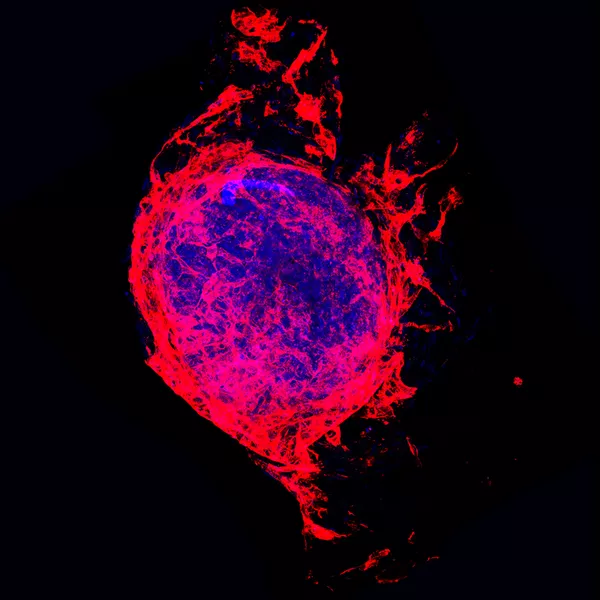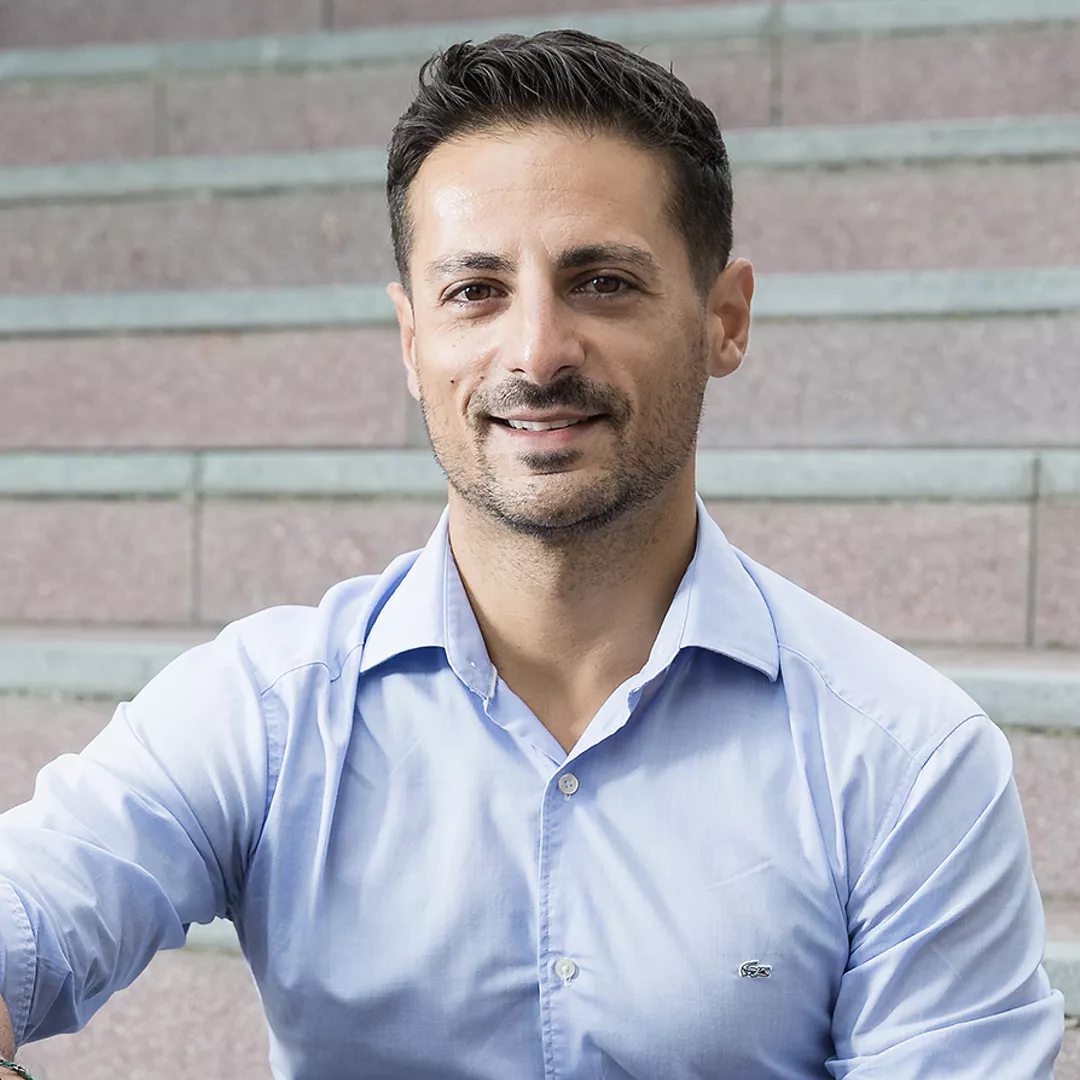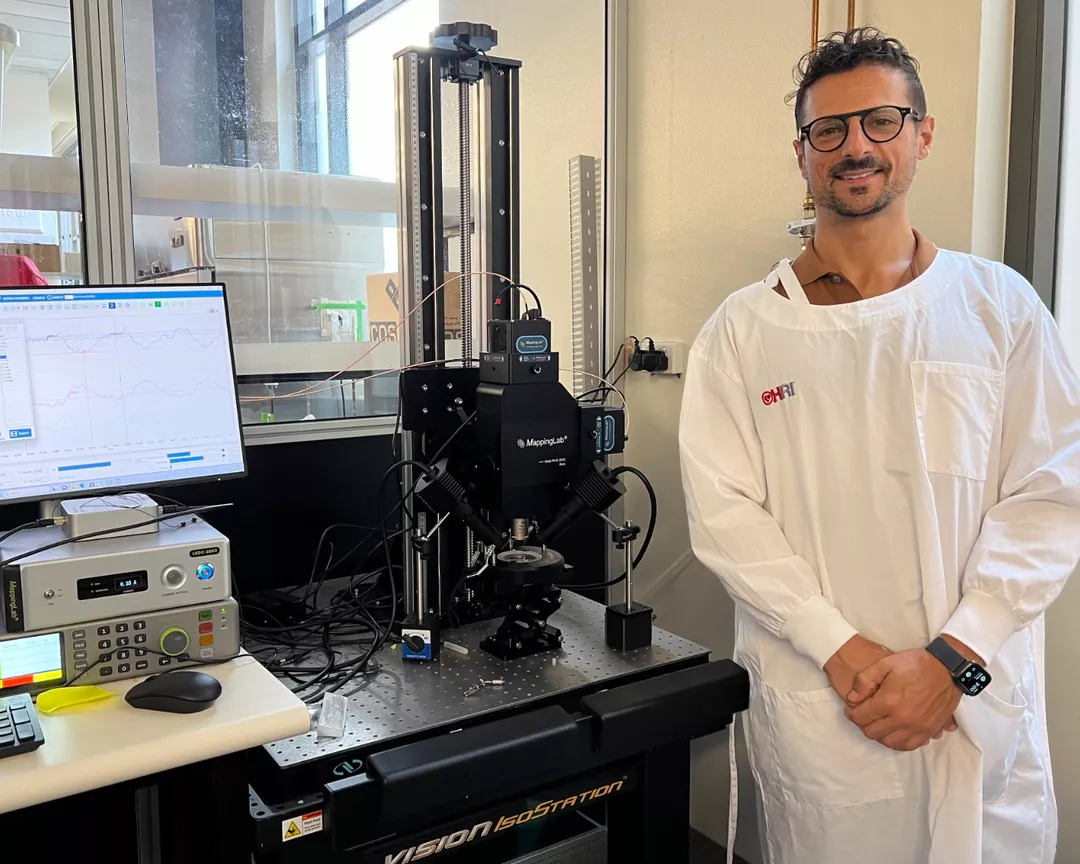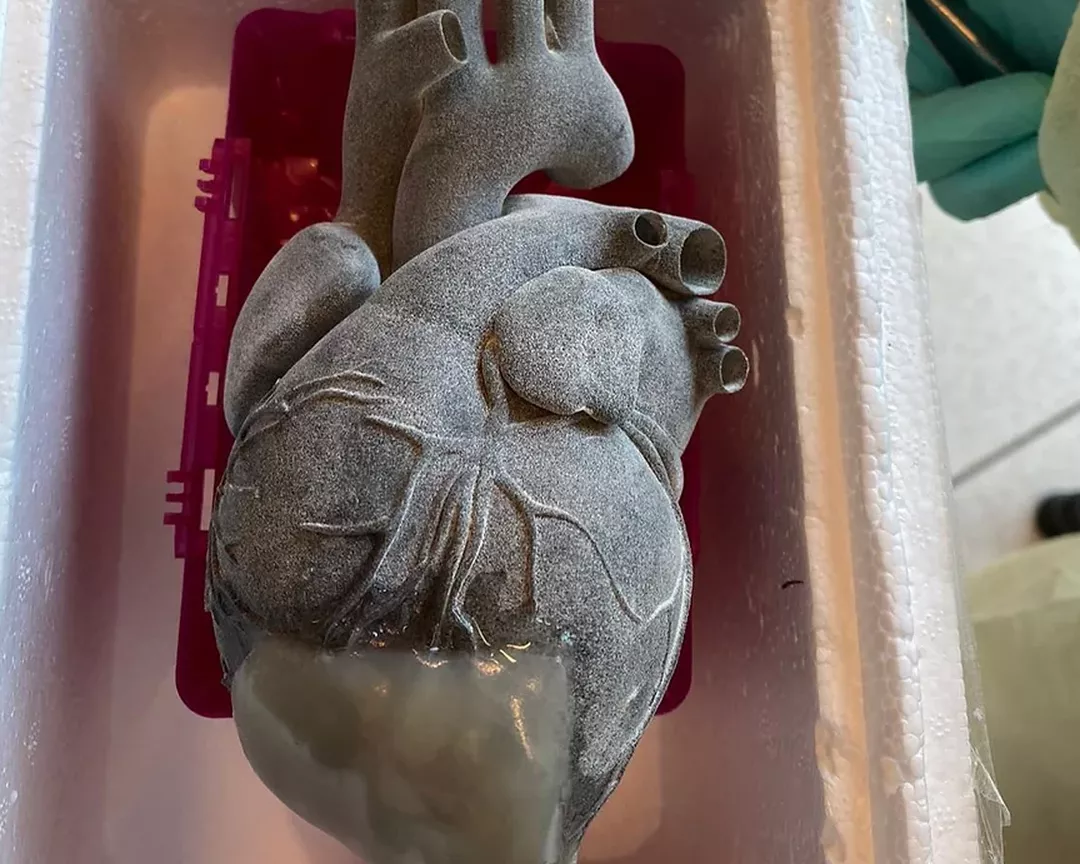
At HRI, the team will focus on novel strategies to prevent and treat CVDs using mini-hearts from either commercially available or patient-derived stem cells, with a focus on personalised medicine, paving the way for future clinical trials and therapeutic interventions.
“Our bioengineered-focused solutions have the potential to reduce morbidity and improve the quality of life for individuals affected by CVDs,” Assoc Prof Gentile said.
“Ultimately, the impact of our research extends to improving long-term cardiovascular health outcomes for patients, saving the lives of millions of people that every year would otherwise die from CVD either directly or as a consequence of undesired effects of drugs.”
Assoc Prof Gentile is no stranger to HRI, having previously been a Marcus Blackmore Research Fellow at the Institute. He received his BSc/MSc (Pharmaceutical Chemistry and Technologies) and PharmD at the University of Pisa in Italy and went on to complete a PhD in Biomedical Sciences (Cardiovascular) at the Medical University of South Carolina in the USA, funded by a prestigious American Heart Association Fellowship.
He has worked in Australia since 2013, including at HRI, The University of Sydney and UTS, where he is currently a Senior Lecturer (Faculty) within the School of Biomedical Engineering (Faculty of Engineering and IT).
In 2016, he was invited as Visiting Research Fellow at Harvard Medical School, where he worked towards novel in-vitro models using mini-hearts to study human heart physiology.
The Gentile lab includes:
- Assoc Prof Carmine Gentile
- Laura Vettori
- Clara Liu Chung Ming
- Wafa Al Shamery
- Niina Matthews
- Milad Sabbagh
- Martine Tarsitano
- Ilaria Gisone
- Demi Scheerman
- Linda Dement
- Dana Idais



